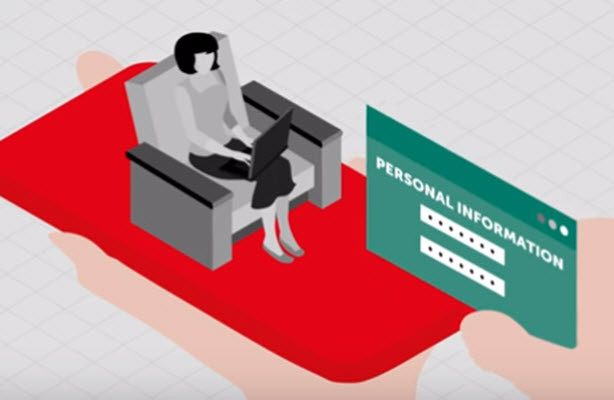
Growing numbers of consumers are shopping on the Internet. Research shows about half of consumers worldwide shop for everything from groceries to gifts online. As the number of digital shoppers rises, so do the number of online shopping scams. In 2017, online shopping scams rose 30 percent from the previous year, according to Experian, and it's a trend that's only expected to climb.
To avoid scams, you need to know what to watch for. Stay safe while shopping online with these five things you can do today.
1. Stop Opening Emails from People You Don't Know
Companies have used email marketing to sell products for years, but it's also the preferred method of communication for hackers. They use email to "phish" for victims who are willing to give up sensitive information like their bank account or Social Security numbers. As a rule of thumb, don't open an email from a company you don't recognize.
2. Be Wary of Coupon Sites or Freebies
Online coupons and freebies are a shopper's dream, but scammers use the lure of great deals to con bargain hunters. Beware of any coupon or freebie site that's similar to a big box store name, like Target.Shopping.xyz. Look out for sites that ask you to create a lengthy profile with really personal information.
3. Don't Shop at a Coffee Shop
If you're in the mood to shop, don't do it in public places with free Wi-Fi. The unsecure nature of public Wi-Fi makes it easy for hackers to intercept information, like your credit card number. Shop at home where your network is more secure and password protected. Read more about public Wi-Fi risks here.
4. Get a Prepaid Credit Card
When you're shopping online, use a prepaid credit card to make all of your purchases. Prepaid cards aren't connected to your bank account. If hackers get a hold of the number, they can only access the funds that are available on the card — not your life savings.
5. Sign up for scam alerts
Hackers get craftier by the day, making it almost impossible for shoppers to know what scams are out there. The Federal Trade Commission offers a free alert program that sends lists of recent scams to your inbox so you stay in the know. Sign up on the FTC website.
In addition to taking these steps, you should also consider buying antivirus software that can help protect your identity while shopping online. Effective Internet Security software can protect your passwords, banking information and shopping transactions. This software, in combination with the five tips above, can provide peace of mind while you shop online.






